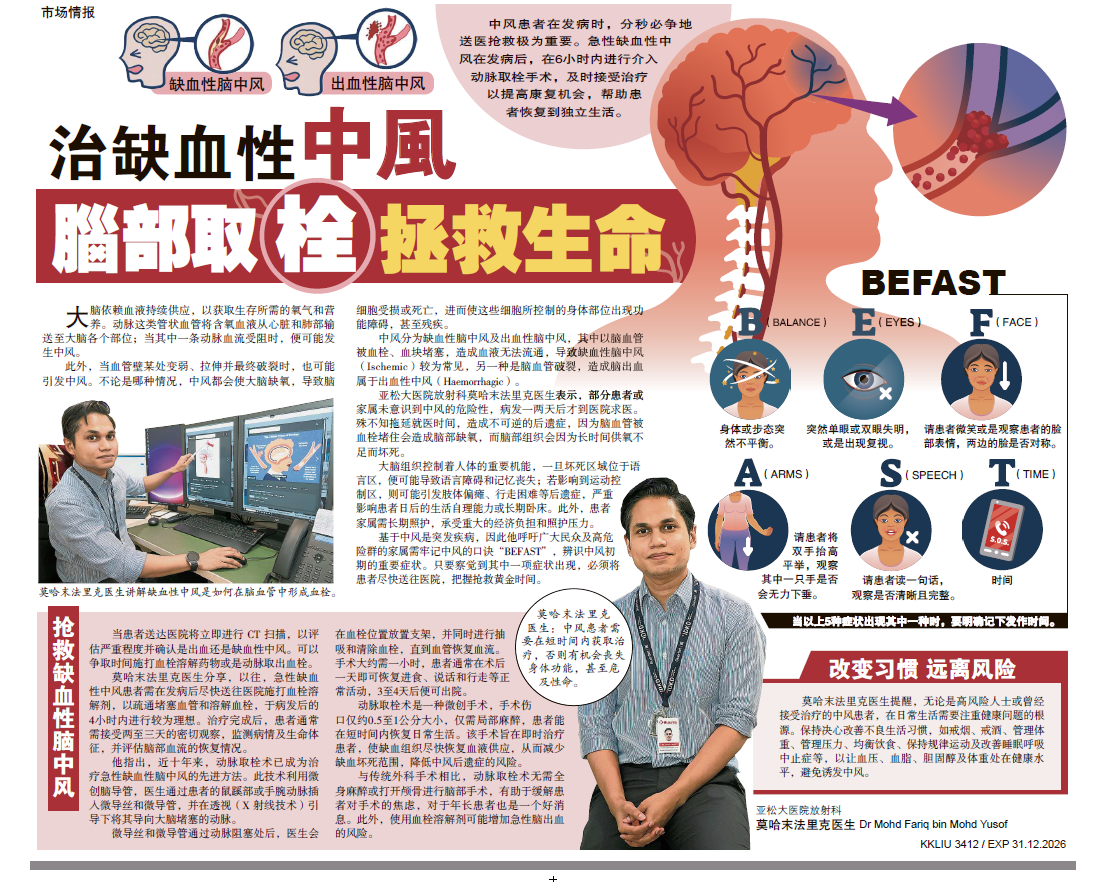PARENTAL CONCERNS:
Communicating and Counseling
Parents have significant concerns; fear of the child dying from choking, asthma attacks or sudden infant death syndrome, and permanent chest damage, disturbed sleep and discomfort. The first thing most parents from the modern age do when they detect the onset of a cough with their children is to log into the internet for quick tips and popular “home” remedies. Although a few of these quick fixes could provide temporary relief, it is vital to check with a doctor should the problems persist.
In some cases a cough could be the most common symptom of a childhood illness but on the flipside, coughing is also a healthy and important reflex that helps protect the airways in the throat and chest. Understanding different types of cough could provide insight on keeping your child comfortable at all times.
“Barky” Cough
A swelling in the upper part of the airway usually causes barky coughs. Most of the time, a barky cough comes from croup, a swelling of the larynx (voice box) and trachea (windpipe).
Croup usually is the result of a virus, but can also come from allergies or a change in temperature at night. Younger children have smaller airways that, if swollen, can make it hard to breathe. Kids younger than 3 years old are at the most risk for croup because their airways are so narrow.
A cough from croup can start suddenly and in the middle of the night. Often a kid with croup will also have a noisy, harsh breathing (often described as a coarse, musical sound) that occurs when a child inhales.
Whooping Cough
Whooping cough is another name for pertussis, an infection of the airways caused by the
bacteria Bordetella pertussis. Kids with pertussis will have spells of back-to-back coughs without breathing in between. At the end of the coughing, they’ll take a deep breath in that makes a
“whooping” sound. Other symptoms of pertussis are a runny nose, sneezing, mild cough, and a low-grade fever.
Although pertussis can happen at any age, it’s most severe in infants under 1 year old who did not get the pertussis vaccine. Pertussis is very contagious, so your child should get the pertussis shot at 2 months, 4 months, 6 months, 15 months, and 4-6 years of age. Adults are also recommended to receive this pertussis vaccine since immunity to pertussis lessens over time. By protecting yourself against pertussis, you are also protecting your kids from getting it.
Cough with Wheezing
If your child makes a wheezing (whistling) sound when breathing out, this could mean that the lower airways in the lungs are swollen. This can happen with asthma or with a viral infection (bronchiolitis). Also, wheezing can happen when a foreign object blocks the airway.
Night time Cough
Most coughs get worse at night. When your child has a cold, the mucus from the nose and sinuses can drain down the throat and trigger a cough during sleep. This is only a problem if the cough won’t let your child sleep.
Asthma also can trigger night time coughs because the airways tend to be more sensitive and irritable at night.
Day time Cough
Cold air or activity can make coughs worse during the daytime. Try to make sure that nothing in your house — like air freshener, pets, or smoke (especially tobacco smoke) – is making your child cough.











